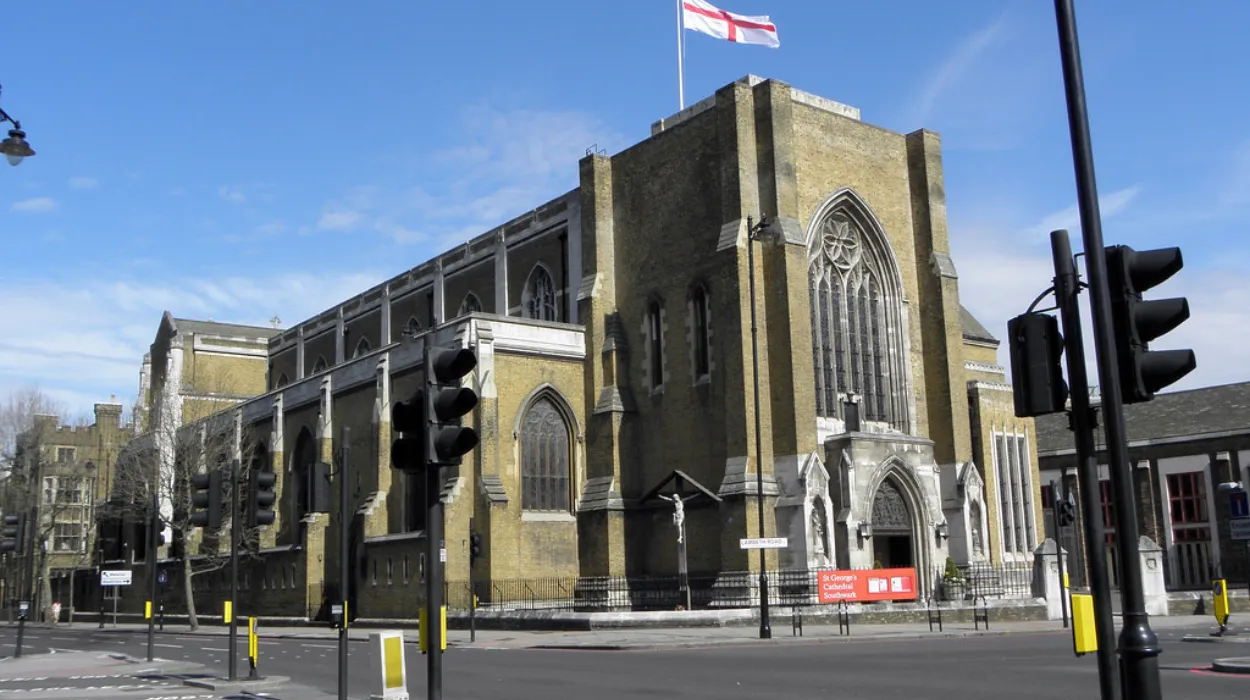Lambeth (Parliament Politics Magazine) – More than 100 child abuse victims may sue Lambeth Council as the government scraps the “time bar rule,” paving the way for long-overdue legal action.
The administration declared earlier this month that it will eliminate the three-year statute of limitations on allegations of child sexual assault.
As long as there is enough proof, survivors will no longer be required to file charges within three years of turning 18 years old.
Will Lambeth Council face justice as SOSA leads child abuse reform?
A two-year campaign for these reforms has been led by the Shirley Oaks Survivors Association (SOSA), which assists victims who were sexually assaulted in the children’s institutions run by Lambeth Council from the 1950s to the 1980s.
Founder Dr Raymond Stevenson said:
“Lambeth council made it clear that they defend civil cases using the time bar law, leaving many child abuse survivors with no recourse for justice.
Now, between 100 and 200 people may have a claim.”
According to SOSA, the legal reform represents a win for victims of the Melting Pot homes for black children in Brixton as well as survivors of Lambeth’s old children’s homes, such as Shirley Oaks.
The legislative reform, according to SOSA, is an accomplishment for both survivors of Lambeth’s former children’s homes, such as Shirley Oaks, and victims of the Melting Pot homes for Black children in Brixton.
The 64-year-old, who has waived her anonymity, said:
“It was hell. The director and another man would ask the girls to clean their office in Railton Road. But they would sexually abuse us.
You dreaded it when it was your turn. When it was another girl, you would see the fear in their eyes and knew there was nothing you could do.
I haven’t met anyone from Melting Pot who has recovered.”
Did Lambeth Council neglect its responsibility for melting pot victims?
The Independent Inquiry into Child Sexual Abuse (IICA) found that between 1974 and 1990, Lambeth council placed at least 80 children in Melting Pot care facilities.
However, Lambeth Council claimed that Melting Pot was not under its jurisdiction and, as a result, was not protected by the Redress Scheme.
The time bar restriction, according to the survivors, prevented them from pursuing civil lawsuits against the council for its negligence.
The Melting Pot care facilities were financed by Lambeth council, according to recent evidence.
Human rights lawyer Imran Khan KC said:
“The Melting Pot residents suffered horrendous abuse and they have not received justice.
The lifting of the three-year limitation period will give renewed impetus to our client’s cases.”
Marina Narayan, 58, who was assaulted by a current police officer while she was a kid in Lambeth’s custody, will also file a legal lawsuit against the Met.
After fostering Ms. Narayan as a newborn in 1966 with his wife June, Detective Sergeant John Hudson, who was then a member of the Vice Squad, began abusing her when she was six years old.
Ms Narayan, who has waived her anonymity, said: “I’ve never been able to put this behind me. When I close my eyes it’s in my thoughts”.
In 1979, Ms. Narayan informed the authorities about the abuse, but the claims were not looked into further.
She filed another complaint in 1999. June Entecott, who had remarried, was convicted of concealing the abuse in 2016 and given a four-year prison sentence. In 2008, Hudson passed away.
In August of 2023, KC Imran Khan filed a lawsuit for damages on Ms. Narayan’s behalf; however, the Met rejected the claim, stating that the assault occurred too long ago.
Ms. Narayan now claims that she has given her lawyer instructions to consider filing a legal lawsuit as soon as the amendments become law.
She said that it is a long time coming, but it finally feels that we are being listened to.
The force had been in contact with SOSA about the claims, according to a Met spokesperson.
He said:
“A report sent by SOSA was reviewed and a public complaint recorded. We referred this to the IOPC, who did not find it met the threshold for an independent investigation.
We understand what the victims have been through and will continue to respond to any inquiries from their representatives.”
According to a spokesperson for Lambeth Council, the new measures were “welcomed” by the local government.
He said: “Lambeth council established the Redress Scheme in 2018 after extensive consultation with survivors and in the absence of a Government scheme to compensate those who tragically experienced abuse. It honours our pledge to face up to the mistakes of the past.
The council has been fully committed to the Redress Scheme throughout because of its importance.
The Scheme was open from 2018 to 2022 during which time 2,240 survivors made applications. More than £100million in compensation has been paid to applicants.”
He added that Lambeth council has been calling for a national redress scheme since 2016. They welcomed IICSA’s proposal for a national scheme and we hope the Government will push forward with this recommendation.


